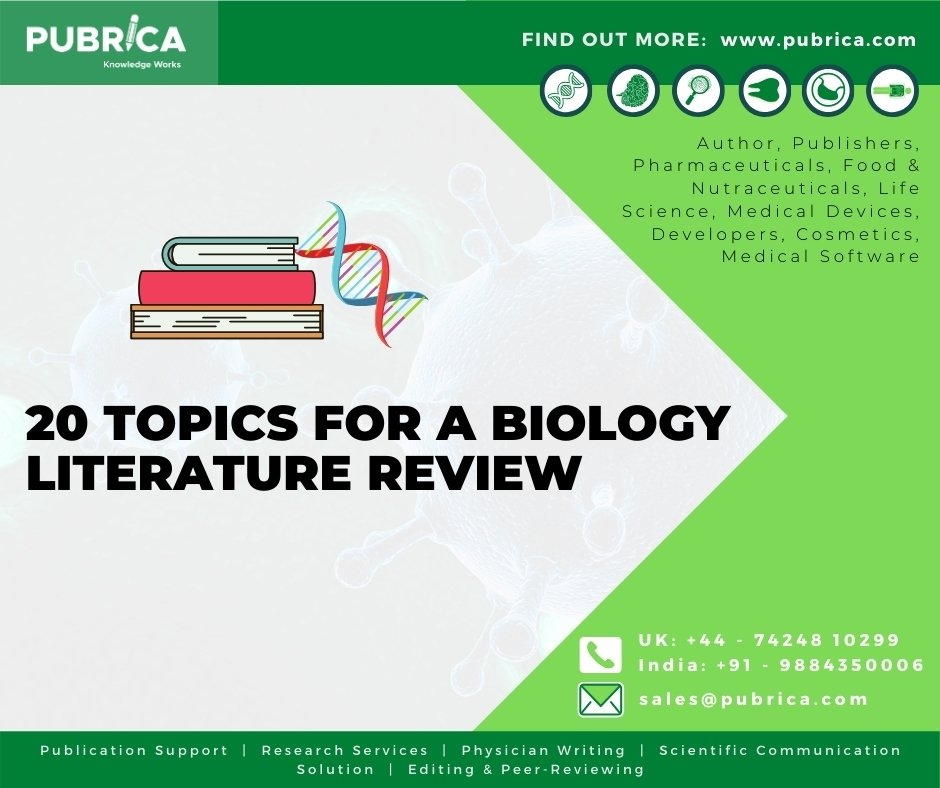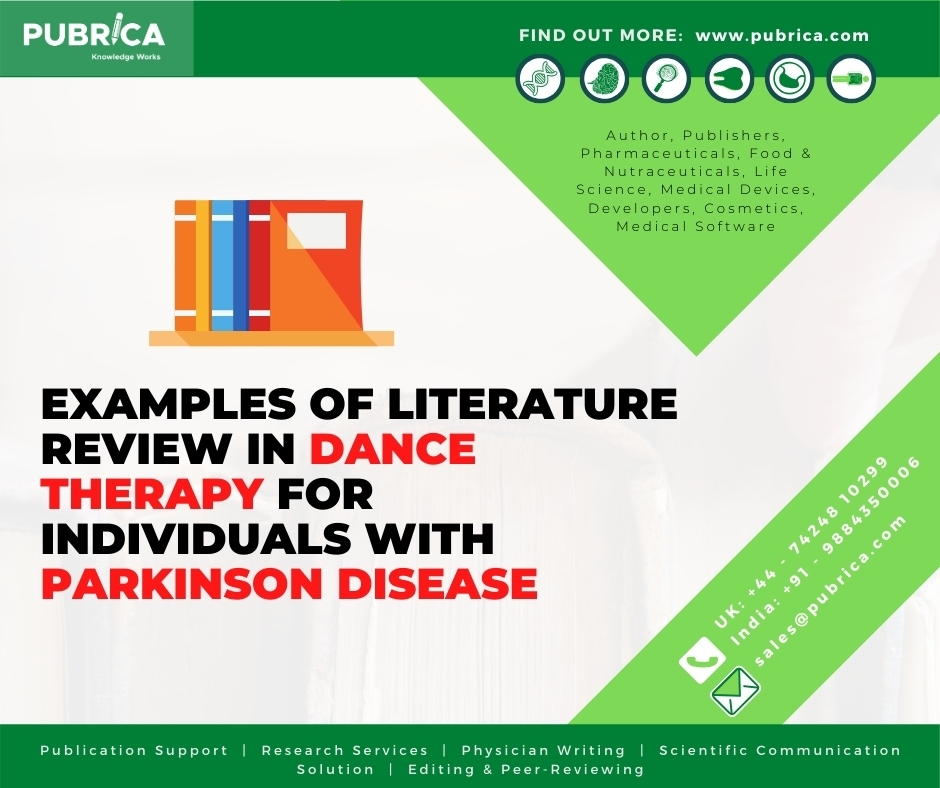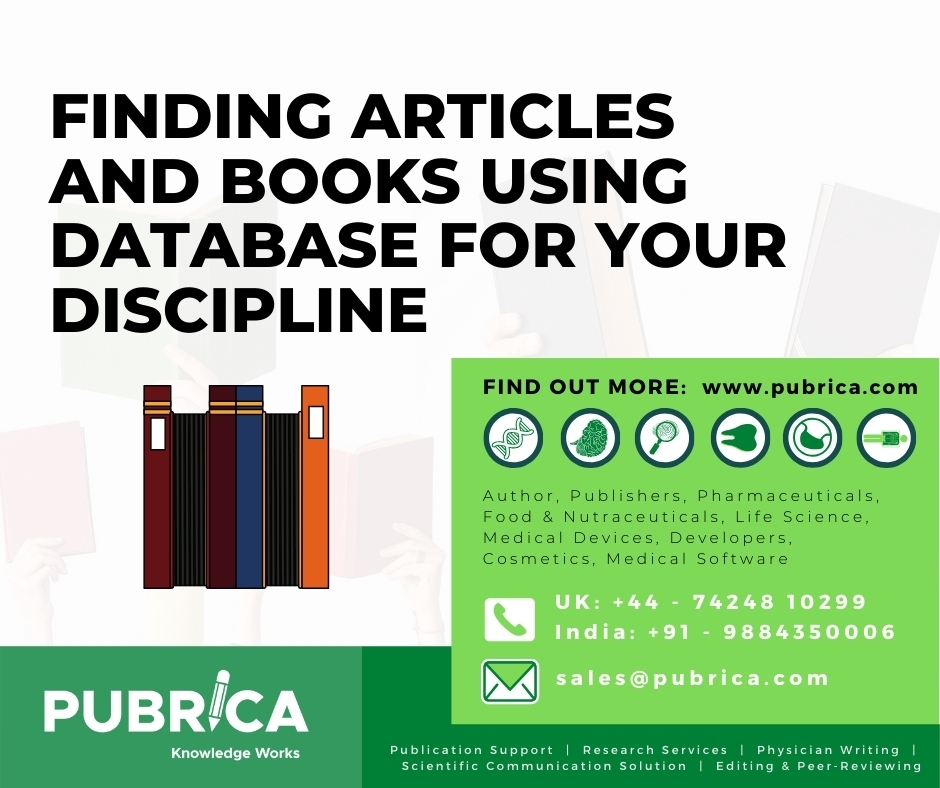
20 Topics For A Biology Literature Review
March 3, 2020
Examples Of Literature Review In Dance Therapy For Individuals With Parkinson Disease
March 11, 2020
In Brief
- Literature review in research is a key step in doing successful, objective work. It helps to formulate a research question and to schedule the analysis.
- The published data available are huge; therefore, it is an art to choose the correct articles relevant to our study.
- It can be time-consuming, be tiring and trigger disinterest or even to occasional abandonment of quest, if not done in a step-wise manner.

A literature search is a well-organised and systematic survey from the already published data to become aware of a breadth of good pleasant references on a particular topic. One should conduct the literature search to identify appropriate methodology, the layout of the study; populace sampled and sampling methods, methods of measuring principles and strategies of analysis. It also helps in determining irrelevant variables affecting the outcome and figuring out faults or lacunae that would be avoided. Formulating a well-focussed question is an important step for facilitating accurate scientific research. There may be trendy questions or patient-orientated questions that get up from medical issues. Patient-oriented questions can involve the impact of remedy or disease or examine gain versus drawback for a set of patients (Grewal et al., 2016).

Types of Literature
Primary Sources
Primary sources are the credible publication of new evidence, observations and statements from an expert (case studies, clinical trials, etc.) and a peer-reviewed journal which are generally published. Even primary literature includes draft studies, congress articles and preprints.
Secondary Sources
Secondary sources are publications of systematic review or meta-analysis, in which information extracted from primary source literature is inferred and analyzed.
Tertiary Sources
Tertiary literature consists of collections that gather knowledge (e.g. reference books) from primary or secondary research.
Method of Literature Search
Various methods of literature analysis are used alone or in combination. For the past few decades, searching the local as well as the national library over books, papers, etc. has been a common practice, and still, physical literature discovery is an essential component of any organized search process. Through technology progressing, the Internet is now the gateway to the labyrinth of vast medical literature. The conduct of a literature review includes web-based search engines, i.e. Google, Google Scholar, etc., or the use of various online research sources to classify materials that reflect the research topic or those that are homologous to it (Martínez-García et al., 2019).
Databases for original published articles in journals and evidence-based databases for comprehensive knowledge are available as systematic reviews and abstracts among the various databases used for literature search. Most of these are not freely available to individual users. PubMed has been the most extensive available tool since 1996; however, a growing number of sources also offer free access to biomedical literature. PubMed contains more than 26 million citations from Pubmed, life science journals and online books.
The choice of databases depends on the topic of interest and potential coverage by the various databases. Education Resources Information Center is a free digital online educational research and information library funded by the US Institute of Education Sciences. Education department, available via http:/eric.ed.gov/. Only one site is allowed to search all of the medical literature. Many different repositories are required. At least, it is crucial to scan for PubMed or Medline, Embase and the Cochrane Central Trials Database. A meta-analysis, systematic reviews, randomized controlled trials and seminal research need to highlighted when searching such databases.
Translating keywords to study query
It will yield results based on any of the stated words; hence, they are the cornerstone of a successful quest. It should be assumed that synonyms / alternate words evoke additional information, i.e. barbiturates instead of thiopentone. Medical Subject Heading (MeSH) is the structured hierarchical vocabulary of the National Library of Medicine that is used in PubMed to index papers, with more specific terms grouped under more general terms.’ It is a reliable way to access quotes using different terminology for similar concepts since it indexes content-based posts.
Phrase Search
It will only provide pages with the words typed in the paragraph, in that exact order and with no words in between.
Boolean Operators
AND, OR and NOT are the three Boolean operators named after the mathematician George Boole. The combination of two words with’ AND’ will retrieve articles which reference both words. Using’ OR’ will expand the search and fetch more items that address either subject. While using the phrase’ NOT’ to combine terms, papers containing the first but not the second word will be fetched, thereby narrowing the search.
Filters
Of example, article styles, text availability, language, age, sex and journal categories, filters may also be used to refine the search (Britannica, 1957).
Assessment of Data Relevance
Until investing time in subsequent data download, integration, and computational and visualization activities, perform a preliminary evaluation of the recovered data. A quick review of the metadata (text and/or images) can often allow you to verify that the data complies with the initial requirements and constraints set out. Ideally, the metadata will also provide ample details to thoroughly determine the validity and fitness for data use, including information on how the data was collected and quality assured, how the data was previously used, and so on.
Many data repositories, such as the Arctic Data Center (https:/arcticdata.io) of the National Science Foundation, allow the data seeker to produce and download a metadata quality report which evaluates how well the metadata adheres to group best practices for discovery and reusability (Wilkinson et al., 2016).
Future Scopes
Study issue is usually a subject of interest to the
researcher and some familiarity. When reflecting on information, yet to be
discovered, it needs to be channelled. Once the problem has been narrowed down,
the search for and review of existing literature may further streamline the
approach to study. Literature search not only provides an opportunity to know
more about a given topic but also provides insight into how previous
researchers researched the topic. It helps in understanding the concepts, find
problems and consider opportunities. In short, systematic and well-organized
research can help with the development of novel research.
References:
- Britannica, I. E. (1957). Encyclopaedia britannica. Encyclopaedia Britannica, Incorporated. https://v2.itweb.co.za/sections/EB-Infographic-FINAL-FINAL.pdf
- Grewal, A., Kataria, H., & Dhawan, I. (2016). Literature search for research planning and identification of research problem. Indian Journal of Anaesthesia, 60(9), 635. https://doi.org/10.4103/0019-5049.190618
- Martínez-García, M., Vallejo, M., Hernández-Lemus, E., & Álvarez-Díaz, J. A. (2019). Novel methods of qualitative analysis for health policy research. Health Research Policy and Systems, 17(1), 6. https://doi.org/10.1186/s12961-018-0404-z
- Wilkinson, M. D., Dumontier, M., Aalbersberg, Ij. J., Appleton, G., Axton, M., Baak, A., Blomberg, N., Boiten, J.-W., da Silva Santos, L. B., & Bourne, P. E. (2016). The FAIR Guiding Principles for scientific data management and stewardship. Scientific Data, 3. https://www.nature.com/articles/sdata201618.pdf?origin=ppub
